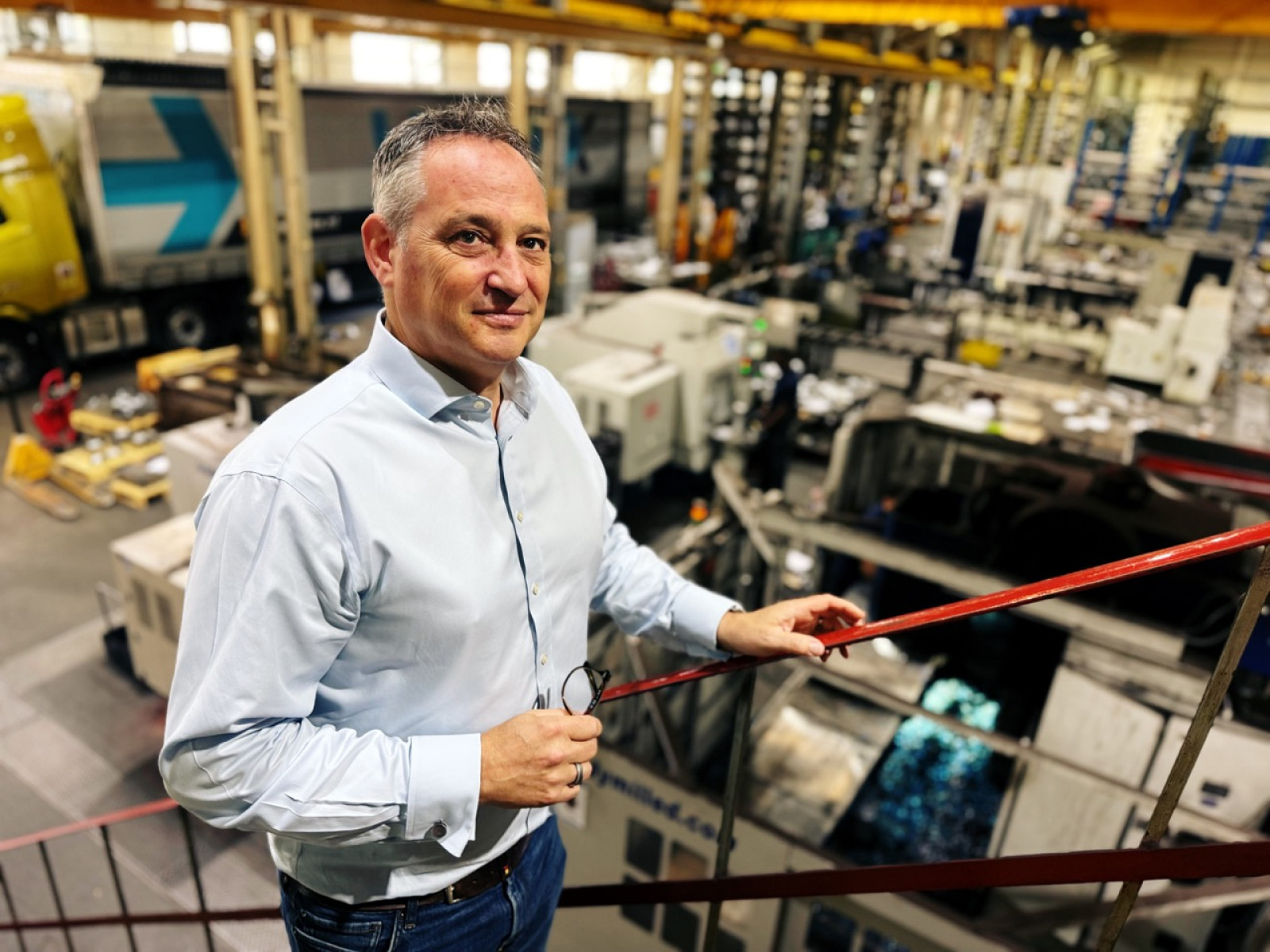
Carrs Tool Steels Secures Orders for 2026 EV Tooling Projects
With insights from Managing Director Andrew Eastwood
Most people think the electric vehicle (EV) revolution begins on an assembly line. It doesn’t. It starts in places like Tipton, where blocks of specialist steel are being precision-cut today for cars you won’t see until late 2026.
Carrs Tool Steels doesn’t make EVs, batteries or even the tools that shape them. What it does make is something more fundamental: it supplies the high-performance steel that toolmakers rely on to produce the moulds, dies and machinery that power the UK's advanced manufacturing.
And that’s where the real story begins.
“We tend to see the trend before others,” says Managing Director Andrew Eastwood. “If we’re busy, it’s because someone is tooling up for production in six to twelve months.”
Right now, Carrs is busy.
Long Before the Car, Comes the Cut
While most attention goes to battery factories and vehicle assembly, Carrs is quietly fulfilling orders for tooling projects scheduled for late 2026, years in advance of the public launch.
This isn’t speculative demand. These are hard orders, placed by OEMs and suppliers committing to the future.
“We’ve got material on order now that won’t even go into production until October 2026,” Andrew explains. “The tooling has to be ready long before the first car rolls off the line.”
In other words: if Carrs is cutting, someone’s building - and planning to keep building.
This is a quiet, physical vote of confidence in the UK’s industrial base. And it directly echoes the goals of the 2025 Industrial Strategy: to raise manufacturing output from £224 billion to £275 billion by 2030, with advanced manufacturing and EVs at the centre.
 Shaping the future, one block at a time.
Shaping the future, one block at a time.
Steel First. Headlines Later.
EVs begin long before the battery is installed or the prototype is unveiled. Before the first spark, there's steel. Carrs is the early signal, the proof that while policies are debated and promises made, real investment is already underway.
Tool steel isn’t glamorous. But it is essential. Without it, the rest doesn’t happen.
That’s why Carrs matters.
Cutting-Edge Control on the Shop Floor
Carrs isn’t just supplying the future - it’s modernising its own.
Over the past year, the company has rolled out a bespoke digital tracking system with live barcode scanning and in-house-built software. This isn’t off-the-shelf. It’s shop-floor tech, developed by Carrs’ own IT team, tailored to their unique process.
“What we do is the opposite of most manufacturing,” says Andrew. “We don’t assemble - we disassemble. We cut large blocks into precise pieces, so we had to rethink how we track it all.”
This internal innovation reflects another core theme of the UK’s industrial vision: diffusing digital technology into every layer of manufacturing, from the flashy to the foundational.
Carrs didn’t wait for a grant or government scheme. They just got on with it - another quiet sign of Britain’s readiness to lead in the real economy.
Resilience, Not Rhetoric
Carrs is a founding member of Made in the Midlands and deeply woven into the region’s engineering DNA. Like many manufacturers, they’ve seen challenging quarters. But their response has always been the same: stay steady, invest ahead, build with intent.
“There’s always going to be uncertainty,” Andrew reflects. “Q1 was difficult. But we’ve been doing this a long time. We keep investing, keep showing up, and we get through it. We’re all in this together.”
That mindset, long-term over short-term, commitment over reaction, is exactly what the UK needs now. Behind every electric vehicle, every big headline, every turning point in the energy transition, are companies like Carrs making it happen.
Not next year. Not after the subsidies. Now.






